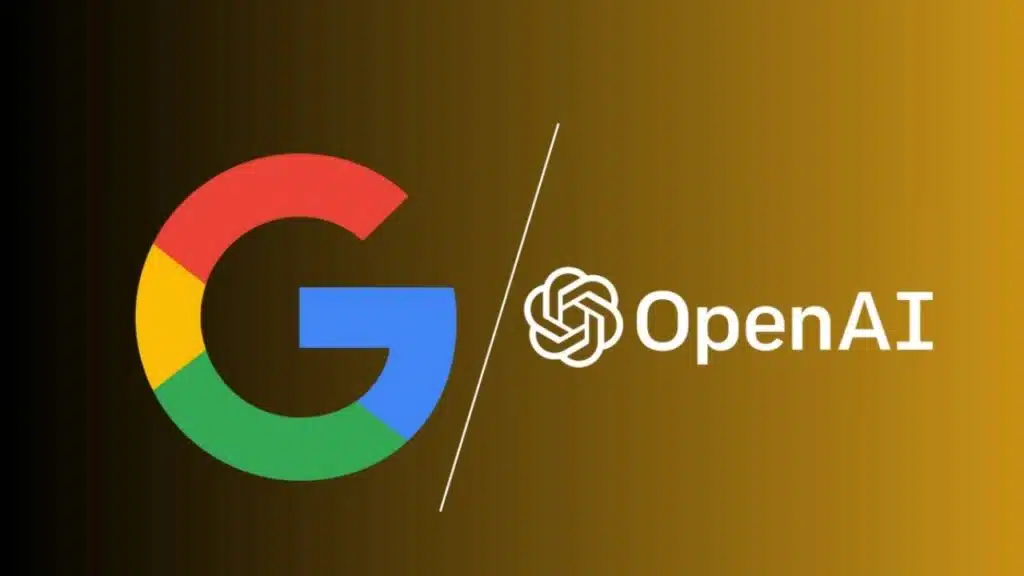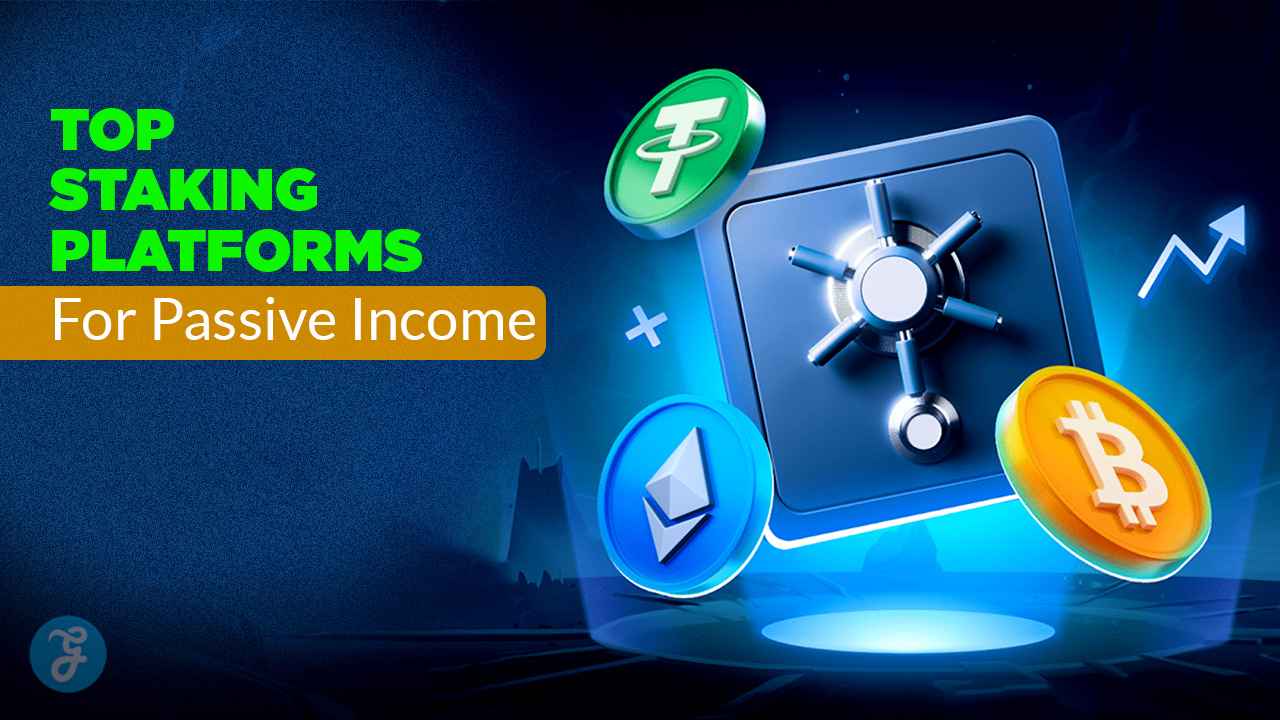OpenAI has officially rolled out a major new update to ChatGPT, transforming it from a chatbot into a personalized online shopping assistant. This development intensifies the ongoing competition with Google, which has long held dominance in search and e-commerce-related web traffic.
The move signals a strategic evolution for ChatGPT, which now offers users the ability to browse, compare, and shop for products—all within the same chat interface.
Conversational Commerce Comes to Life
Launched on April 28, 2025, OpenAI’s update brings shopping capabilities directly into ChatGPT, allowing users to conduct natural conversations about what they want to buy—no traditional search engine required. According to OpenAI, the feature already supports millions of daily shopping-related prompts.
Rather than typing keyword-based queries into Google and combing through a series of search results, ChatGPT users can now ask questions like:
- “What are the best budget-friendly wireless earbuds?”
- “Show me red dresses under $100 that match white sneakers.”
- “Compare Dyson vs Shark vacuum cleaners for pet hair.”
ChatGPT then responds with personalized, AI-curated results, often complete with images, pricing, user reviews, and direct links to merchant websites.
Importantly, OpenAI says these recommendations are not ads. They’re sourced directly from the web using its powerful search capabilities—and not influenced by sponsored listings or affiliate fees.
Early Focus on Fashion, Beauty, and Electronics
The initial rollout of ChatGPT’s shopping assistant focuses on three high-demand consumer categories: fashion, beauty products, and home electronics. These categories were selected due to their high online search volume and the frequency with which users discuss them during conversations with ChatGPT.
By using its real-time web browsing tools, ChatGPT can surface a list of recommended items, complete with side-by-side comparisons, based on the user’s specific requirements. Users can then follow up with clarification questions or ask the bot to refine the list further.
Example:
A user might say, “I need a waterproof Bluetooth speaker for under $50 with long battery life.” ChatGPT can then return a list of options with links to Amazon, Best Buy, or the manufacturer’s websites—complete with detailed pros and cons based on reviews and specifications.
A New User Experience: From Search to Seamless Conversation
OpenAI aims to remove the friction from traditional e-commerce searches. Instead of toggling between tabs, filtering through unrelated search results, or being bombarded with ads, users stay in the same conversational flow.
In OpenAI’s words, “Instead of scrolling through pages of results, you can simply start a conversation.” That’s the core philosophy behind this update.
As noted in OpenAI’s official X (formerly Twitter) post:
“Search has become one of our most popular and fastest-growing features, with over 1 billion web searches just in the past week.”
This indicates ChatGPT is not just a productivity tool—it is quickly becoming a full-fledged alternative to conventional search engines.
Not Just a Bot—A Personal Shopper That Learns
The AI assistant is designed to improve its responses over time by remembering users’ preferences (when enabled). For instance, if a user typically shops in a certain price range or prefers eco-friendly products, ChatGPT may prioritize those in future conversations.
That said, due to regional privacy regulations, personalization features are not yet available in several countries, including:
- All European Economic Area (EEA) countries
- The UK
- Switzerland
- Norway
- Iceland
- Liechtenstein
This limitation reflects OpenAI’s compliance with the EU’s GDPR and similar data protection laws, which regulate how user data is collected and used.
Google’s Search Empire Under Threat
The timing of OpenAI’s shopping rollout appears strategic. Google has also been reshaping its search engine with the integration of Gemini, its AI assistant that now provides AI-generated answers above regular search links.
However, OpenAI’s shopping experience takes a different approach: it delivers recommendations with zero advertising influence and gives users more natural, flexible interaction.
According to reports from Wired and Reuters, this feature could be a long-term disruption to Google’s search model, which depends heavily on advertising and sponsored product placements.
What makes the rivalry even more intense is that OpenAI recently testified during a U.S. antitrust investigation into Google’s market dominance. An OpenAI executive revealed that the company would consider acquiring Google’s Chrome browser if antitrust authorities force Google to divest.
Such a move could dramatically alter the competitive landscape, giving OpenAI control over one of the world’s most widely used web browsers—and potentially integrating ChatGPT natively into users’ web experiences.
Retail Integration and the Road Ahead
OpenAI has also invited merchants to integrate directly with ChatGPT by submitting product feeds. This would allow brands and retailers to showcase their inventories within ChatGPT results without relying on traditional advertising platforms.
According to Vogue Business, OpenAI plans to expand the scope of product categories and deepen the personalization aspect of ChatGPT’s shopping assistant.
This is expected to be just the beginning. Future enhancements may include:
- Voice-enabled shopping via ChatGPT’s mobile apps
- In-chat checkout options through third-party e-commerce platforms
- Dynamic inventory integration with Shopify, Amazon, and other marketplaces
- Local product availability tracking for in-store shopping options
AI is Redefining the Future of Search and Shopping
With over a billion search queries handled by ChatGPT in just one week, OpenAI’s new shopping capabilities represent a major turning point—not only for AI-powered assistants but for the entire digital commerce industry.
By offering a frictionless, personalized, and ad-free shopping experience, ChatGPT is not just competing with Google. It’s redefining what online search and e-commerce can look like in the age of conversational AI.
As the competition heats up, one thing is clear: the future of shopping will be shaped as much by artificial intelligence as it has been by search engines in the past two decades.
The Information is Collected from MSN and The Hindu.



































